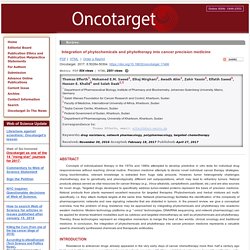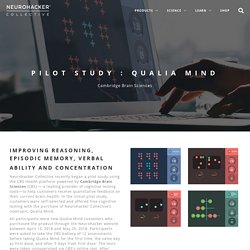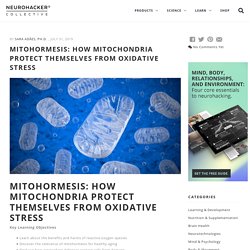

Vitamin C in Health: Scientific focus on its anti-cancer efficacy. Vitamin C, also known as L-ascorbic acid, is an undisputable essential vitamin for human health with antioxidant and anti-cancer properties among others.

It is a cofactor for a number of metabolic enzymes and has enormous health benefits. Extensive epidemiological, in vitro, in vivo and clinical studies consistently and strongly suggest the benefits of Vitamin C use in cancer treatment. Epidemiological studies have shown that people consuming a diet rich in Vitamin C are less likely to develop cancer. In vitro and in vivo studies have shown that vitamin C kills cancer cells while simultaneously supporting normal cells and tissues.
Clinical data indicates that intravenous administration of vitamin C is much more effective in achieving higher plasma levels, compared to oral administration, making the former the preferred means of administering Vitamin C to achieve sustainable therapeutic effect in cancer treatment. Correspondence to Dr. Phytochemicals and phytotherapy for cancer precision medicine.
Abstract (as presented by the authors of the scientific work): "Concepts of individualized therapy in the 1970s and 1980s attempted to develop predictive in vitro tests for individual drug responsiveness without reaching clinical routine.

Precision medicine attempts to device novel individual cancer therapy strategies. Using bioinformatics, relevant knowledge is extracted from huge data amounts. However, tumor heterogeneity challenges chemotherapy due to genetically and phenotypically different cell subpopulations, which may lead to refractory tumors. Natural products always served as vital resources for cancer therapy (e.g., Vinca alkaloids, camptothecin, paclitaxel, etc.) and are also sources for novel drugs. Covered topics (the letter size corresponds to the frequency of mentioning in the text): Conclusions and perespectives (as presented by the authors of the scientific work): Full-text access of the referenced scientific work: Further reading: Webmaster: Prof. Integration of phytochemicals and phytotherapy into cancer precision medicine. Introduction Resistance to anticancer drugs already appeared in the very early days of cancer chemotherapy more than half a century ago [1-6], and it still hampers successful treatment of patients nowadays [7].

Many established anticancer drugs kill proliferative cells, whether or not they are malignant. This approach causes only modest tumor specificity, and non-tumorous normal proliferative tissues are also affected. Thereby, the application of drug doses high enough to kill all tumor cells including the less sensitive tumor subpopulations cannot be applied without provoking severe side effects in cancer patients.
As a consequence, sub-optimal drug doses may let few inherently resistant tumor cells unaffected, which subsequently grow out leading to the reappearance of tumors. Current chemotherapy protocols are based on the result of prospective, randomized, double-blind phase III studies, which results in similar clinical standard treatment guidelines. Tumor heterogeneity References 1. Micronutrients in Oncological Intervention. - PubMed - NCBI. Pilot Study: Qualia Mind - Neurohacker Collective.
Improving reasoning, episodic memory, verbal ability and concentration Neurohacker Collective recently began a pilot study using the CBS Health platform powered by Cambridge Brain Sciences (CBS) — a leading provider of cognitive testing tools—to help customers receive quantitative feedback on their current brain health.

In the initial pilot study, customers were self-selected and offered free cognitive testing with the purchase of Neurohacker Collective’s nootropic, Qualia Mind. All participants were new Qualia Mind customers who purchased the product through the Neurohacker website between April 15, 2018 and May 25, 2018. Participants were asked to take the CBS battery of 12 assessments before taking Qualia Mind for the first time, the same day as first dose, and after 5 days from first dose. The tests were taken unsupervised via CBS's online tool. Mitohormesis: How Mitochondria Protect Themselves from Oxidative Stress. Key Learning Objectives Learn about the benefits and harms of reactive oxygen speciesDiscover the relevance of mitohormesis for healthy agingFind out how antioxidant defenses protect cells from damageLearn what compounds support antioxidant defenses Introduction to Mitohormesis Mitohormesis is a type of biological response where mild mitochondrial stress leads to an enhancement of health, viability, and longevity of a cell, tissue, or organism.

Crucial to the development of mitohormetic responses are reactive oxygen species (ROS).[1,2] Mitohormesis implies that, while high amounts of ROS cause damage and promote aging, low levels of ROS may be needed to promote healthy adaptation and to slow aging. In this article, we’re going to learn about mitohormesis, the activity of ROS as signaling molecules, and how and why ROS can be both beneficial and harmful. What Are Reactive Oxygen Species? ROS are highly reactive compounds that contain oxygen. How Do Cells Protect Themselves from ROS?
[1]C. Nutritional.